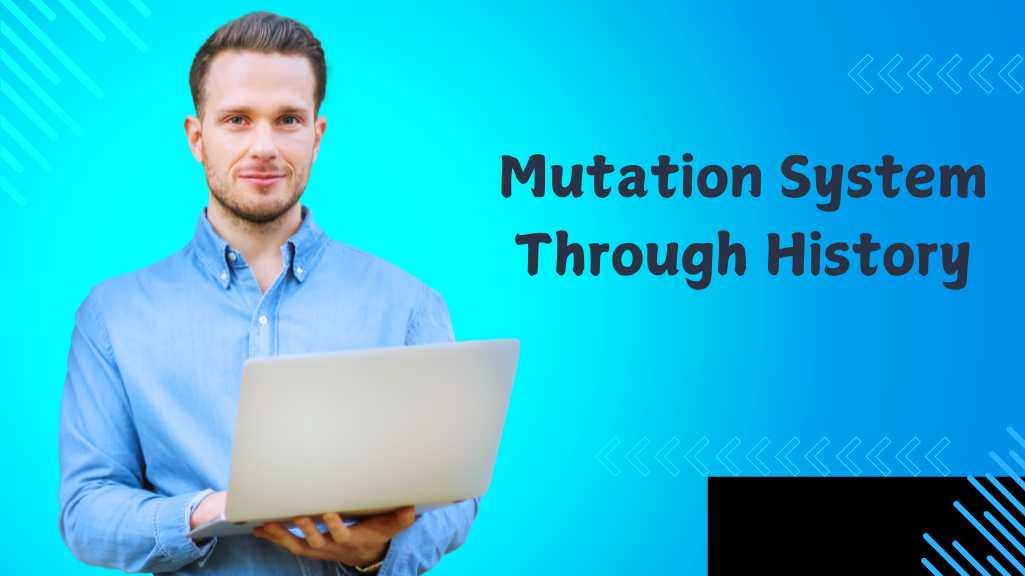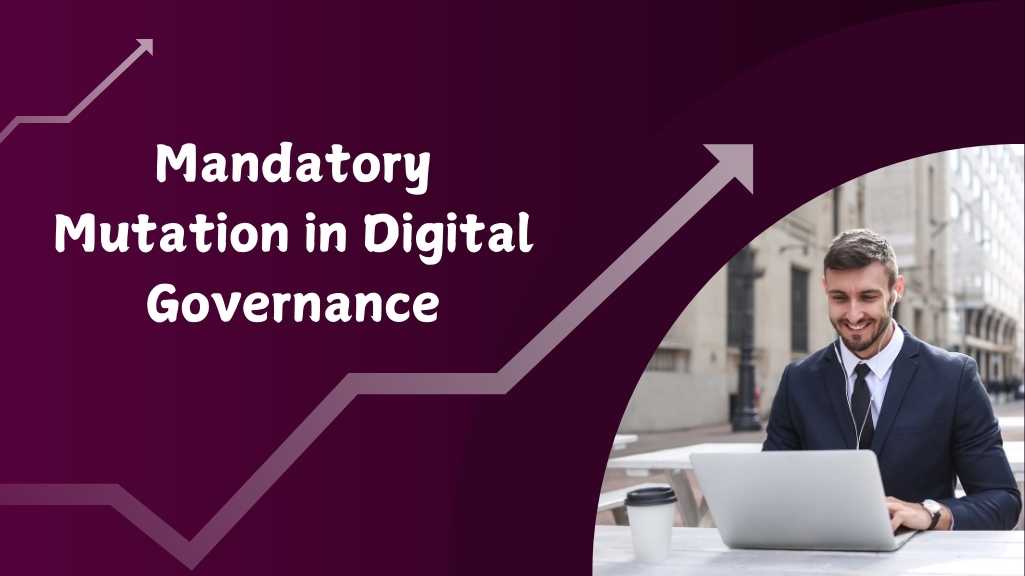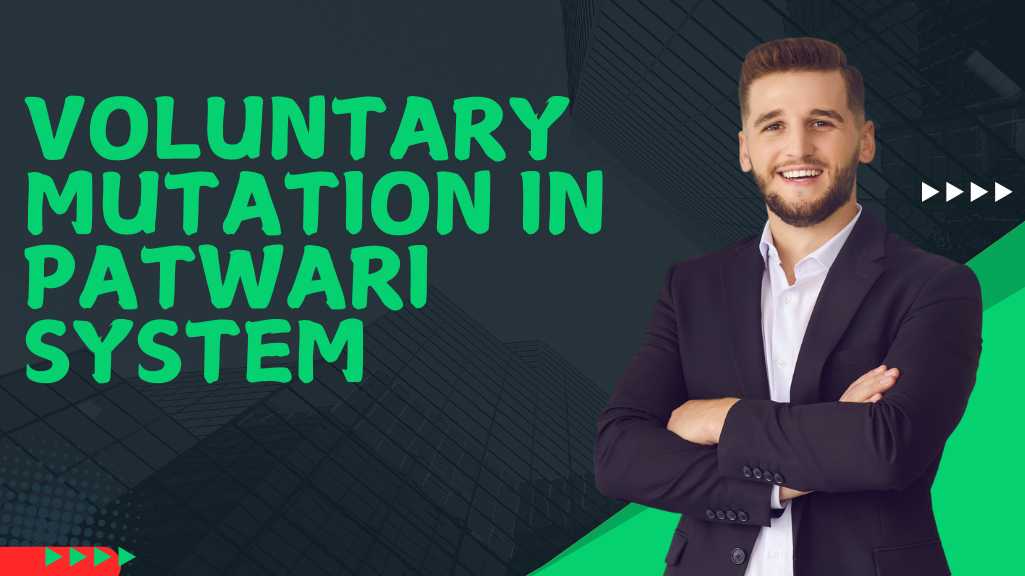Introduction
There is the possibility of voluntary mutation which forms an important part of the land records system not only in Pakistan but many countries that follow the same organized tiers. This is the legal process of transferring land ownership from one person to another, it can be done through sale-gift-inheritance. The theme of spontaneous and voluntary mutations is discussed in this article (its history, the sense of such a move, and how to do it now), especially considering digitalization. The language is simple and easy to read and it can be easily understood by any reader in Pakistan.
Table of Contents
What is Voluntary Mutation?
A process in which the transfer of ownership is voluntarily initiated by the owner, from themselves to a third party. In many cases, this relates to the sale or donation of land that is being transferred down by inheritance. In the peculiar case of Pakistan, voluntary mutation is critical to ensure that precise land records are maintained and an authentic owner gets enlisted in official governmental bodies.
Voluntary Mutation is Depicted by the following characteristics:
- Conducted at the request of a landowner.
- Typically, it happens in land sales, gifts, or inheritance transfers.
- Permission for updating official records from the local revenue department
This is also different from an involuntary mutation, often brought about by legal compulsion such as court orders, government acquisition or owner death.
Mutation System Through History
The institutionalization of the system in Pakistan is based on imperial colonial-administrative techniques put into place by the British earlier during their reign across India in the 19th century. They were followed by the British, who not only introduced a comprehensive system for collecting land revenue but also demanded proper records of the land. A key role in this system was played by the Patwari System which still exists to date. Patwaris was responsible for maintaining the records of land and changes being made to its ownership such as voluntary mutation.
After independence in 1947, The system was continued in Pakistan only with slight changes for minimum land-related disputes between people and easy revenue collection. The system of mutations has developed over time, with new laws and regulations taking ever-increasingly sophisticated forms during the digital age to keep things moving along.

The Voluntary Mutation in Governance
Voluntary mutation is a crucial element in both modern government and for individual. There are many reasons why accurate land records matter:
- Title of ownership: Organization including a mandatory mutation that legalizes the title, protecting the rights of new owners. It is an official proof of ownership and the most important document during any future legal transaction.
- Tax and Revenue Collection: In the case of a government, it needs to update their land record because they use that for property tax collection. With voluntary mutation, the government would know who should be responsible for land taxes.
- Avoidance of Dispute: By timely updating all the land records, this system avoids any kind of disputes related to land ownership which are often difficult and time taking.
- Accessibility: Losing the endless odyssey and social horror stories, a sensible mutation is beneficial in land transactions as part of contemporary governance by voluntary oppression ensuring ease of buyer-seller sales with no trace back litigation later on.
Step-by-Step Mutation Process
The steps in voluntary mutation can vary slightly depending on the province or local governing body, but generally speaking, it is a relatively simple process. The article provides a comprehensive understanding of how mutation occurs in Pakistan
Step 1: Apply for an Application
The land owner (or buyer in case of sale), submits the mutation application with relevant documents, to local revenue office and processes it. This typically includes:
- Gift deed (if it is a gift) / Sale Deed
- Certificate of death, if passed on
- ID proof of both parties
- Proof of land ownership
Step 2. Patwari Verification
After filing the application, a Patwari (a local land record officer) enters into the record the details of the land and ownership documents. The Patwari will come into the fields to check if there is any dispute over its borders or ownership.
Step 3: Public Notice
To ensure any objections to the mutation, a public notice is issued. This notice can be published in the local newspapers or on the Village/Municipal council, just to name a few.
Step 4: Approval by Tehsildar
The mutation application and the report of Patwari is then thoroughly reviewed by a senior revenue officer known as Tehsildar. Once everything is ok and no objections are raised, the Tehsildar approves this mutation which then updates in previous land records with the current one.
Step 5: Entry in Jamabandi
Lastly, the Jamabandi verification process needs to be updated. The new owner is entered, and all set.
Mandatory Mutation in Digital Governance
Increasingly, with digitalization around us, the process is organized so that voluntary mutation seems “easier” as well. This process has been expedited and made more transparent, with the advent of e-mutation systems. Different provinces in Pakistan have started to digitize their land records. and this is a great initiative that ensures the accuracy of data, updating property registers from time to time which eventually reduces corruption or manipulations, etc.

Advantages for Digital Mutation Systems
- Digital data: Prevents creating fraud entries or altering records of land ownership.
- Reach: Landowners will now be able to apply online for mutation, and thus need not visit government offices in person resulting in faster processing
- Speed: Processing of mutation applications will be faster as it is now a digitally enabled process which serves both, landowners and the government benefit.
- Corruption Reduction: The Digital internal system for mutation cuts down the human involvement in it so it helps to eliminate big corruption of these cases.
Recent Reforms in Pakistan:
- Some provinces have implemented Land Record Management and Information Systems (LRMIS) like Punjab, in LRMIS citizens can get properties record online.
- The government is in the process also of mutation being a fully digital, faster more error free system.
Problems with the Mutation Process
The digitization of the process has improved it in many ways, but difficulties remain especially for remote regions that do not always have access to digital resources. They face various challenges, which include the following:
- Low of Awareness: Lack of awareness A lot of landowners, especially in the rural sector are not even aware that a mutation has to be carried out and records need to be updated on an ongoing basis as ownership is changed.
- Digital Divide: Digital mutation systems have been introduced however, there still remain numerous areas across Pakistan which do not have the infrastructure to fully support digital mutation systems.
- Issue of Corruption: Although attempts have been made to root out corruption, around the checking phase some incidences involving bribing and net playing within shady regions nonetheless occur.
Conclusion
Voluntary mutation is important for the proper and timely updating of land records in Pakistan. Voluntary mutation is essential for legal ownership, revenue collection, and avoiding land disputes. However, rapid digitalization over the past few years has made this process quite transparent and streamlined for both landowners as well as the government. However, challenges such as limited awareness and the digital divide are still pending.
Therefore, mutation remains an important practice in Pakistan as the country actively modernizes its land administration systems, to serve this crucial need of unambiguous ownership for any given piece of land. While the digitization of land records is a move in the right direction, ensuring delivery benefits to all citizens including those living away from cities will require significant follow up effort.
FAQ, S
1. What is Voluntary Mutation in land records?
A voluntary mutation is any lawful way of transferring ownership (sale, donation, or succession) from one person to another. This process allows the updated name of the new owner on official land records to be recorded in order for its legal status, and any disputes are thus avoided.
2. There is a list of particular documents needed for voluntary mutation procedure in Pakistan?
Here are some of the documents we suggest you have about a voluntary mutation:
- The sale gift deed (If any)
- ID proofs of both parties
- Proof of previous ownership (like the main land title)
- Will Death certificate (if the case is of inheritance) And now, these were submitted to the revenue office concerning your permanent address, for processing mutation.
3. Question: About how long, historically speaking, does the voluntary mutation take?
The time that will be taken in the voluntary mutation process is never similar and varies from revenue office to revenue office depending on its efficiency along with one region where it falls. Usually, it may take ~30 days to 60 days time period depending on document verification & issuing public notice in case of no objection.
4. So why does the voluntary mutation matter to landowners?
It is important to have a voluntary mutation because it legally passes on the ownership title, preventing future disputes and ensuring accurate tax assessments. It does things like prevent future ownership disputes, ensure that land taxes are properly assessed and paid, and provide the new owner with a legal title to the property. In the absence of this, the new owner may not be able to prove his or her title in response to a claim on that property.
5. Is it possible to do voluntary mutation online in Pakistan?
A few provinces in Pakistan like Punjab and Sindh, have promoted some land record digitization activities including online mutation systems. Online mutation through the Land Record Management Information System (LRMIS) for voluntary changes makes it expedited, transparent, and corruption-free.

